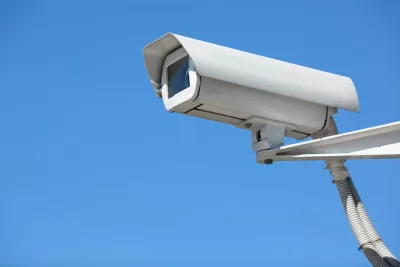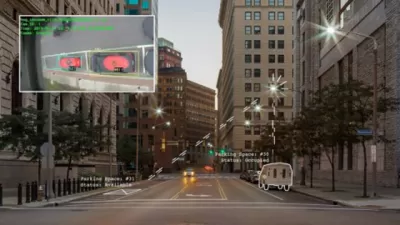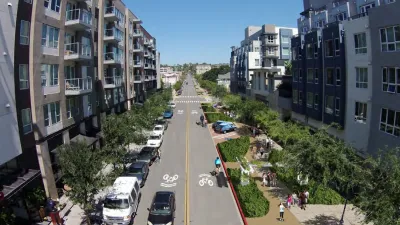As new technology for data collection becomes available to police departments around the country, concerns grow about what is being collected and who has access.

For the last two years the San Diego Police Department has been collecting DNA and facial recognition information. According to reporting from the New York Times, this collection requires no paperwork or demonstration of cause. The SDPD also uses automated license plate readers that track cars as they move through the greater San Diego area. Initially the department claimed this data was only available to SDPD. "They later acknowledged that in fact, SDPD does have a say over who shares data with and had, perhaps unwittingly, shared the data with at least 800 other law enforcement departments across the country, including federal law enforcement," Seth Hill Reports for the Voice of San Diego.
The acquisition and use of new technologies can present a host of dangers, even municipalities with the best of intentions may be vulnerable to hacks and the exposure of public data. "Sudden arrivals of unsecured surveillance systems in the hands of untrained police cannot be the way of the future," Hill argues.
The rapid development of facial recognition software makes this danger all the more acute. Because facial recognition software already available from services like Amazon, Hill argues, the federal government needs to create standards for how this technology can be deployed.
FULL STORY: Communities Deserve to Know Which Surveillance Devices Are Aimed at Them

Alabama: Trump Terminates Settlements for Black Communities Harmed By Raw Sewage
Trump deemed the landmark civil rights agreement “illegal DEI and environmental justice policy.”

Study: Maui’s Plan to Convert Vacation Rentals to Long-Term Housing Could Cause Nearly $1 Billion Economic Loss
The plan would reduce visitor accommodation by 25% resulting in 1,900 jobs lost.

Planetizen Federal Action Tracker
A weekly monitor of how Trump’s orders and actions are impacting planners and planning in America.

Baltimore Ordered to Improve Sidewalk Accessibility
The city is one of many to face lawsuits for failing to comply with the Americans with Disabilities Act.

This Toronto Suburb Has More Bus Riders Than Columbus, Ohio
Brampton, Ontario used gradual improvements in service to prove that if you build it, they will ride.

Paris Bike Boom Leads to Steep Drop in Air Pollution
The French city’s air quality has improved dramatically in the past 20 years, coinciding with a growth in cycling.
Urban Design for Planners 1: Software Tools
This six-course series explores essential urban design concepts using open source software and equips planners with the tools they need to participate fully in the urban design process.
Planning for Universal Design
Learn the tools for implementing Universal Design in planning regulations.
Smith Gee Studio
Alamo Area Metropolitan Planning Organization
City of Santa Clarita
Institute for Housing and Urban Development Studies (IHS)
City of Grandview
Harvard GSD Executive Education
Toledo-Lucas County Plan Commissions
Salt Lake City
NYU Wagner Graduate School of Public Service





























